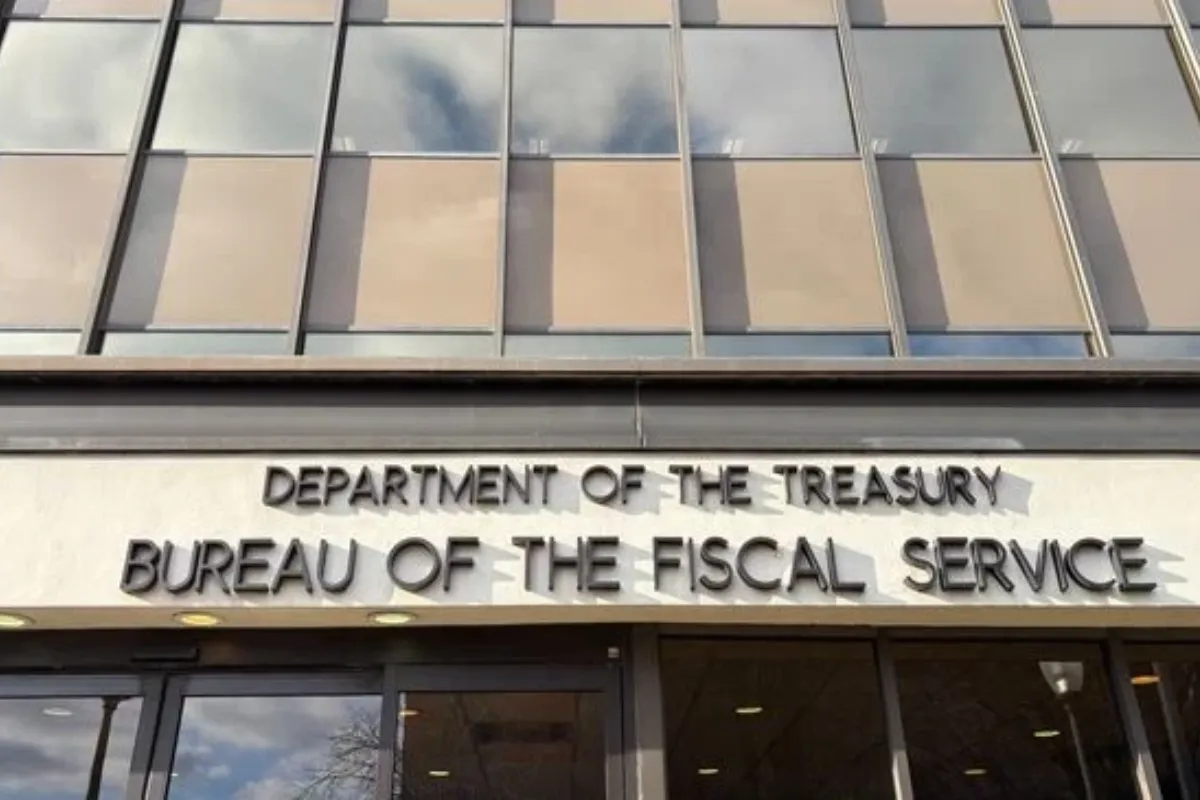Union leaders representing workers at the Bureau of the Fiscal Service in Parkersburg say their ability to serve members has been severely disrupted. Offices used by the National Treasury Employees Union (NTEU) Chapter 190 have been locked, halting key union functions and escalating concerns over federal workers’ rights under the Trump administration.
Eric Engle, chief steward for the chapter, said union officials are no longer able to access their offices in either of the bureau’s downtown buildings on Avery and Third streets. “They’ve locked us out,” Engle said, adding that union dues are no longer being collected via payroll and grievances cannot be filed or processed.
The disruption follows an executive order signed by former President Donald Trump on Jan. 20, 2025. The order aims to reclassify many federal employees in a way that would strip them of long-standing civil service protections.
Though the unions have not been formally decertified, Engle said the impact is similar: “We can’t represent our members, we can’t file grievances, and we can’t do the work our members count on.”
The situation has become part of a broader legal battle. The National Treasury Employees Union has filed a lawsuit — NTEU vs. Trump — currently moving through federal court in Washington, D.C. A federal judge initially blocked the executive order in April, but a D.C. Court of Appeals panel later lifted that injunction, allowing the order to be enforced while legal arguments continue.
The Bureau of the Fiscal Service employs around 2,200 people in Parkersburg, with approximately 1,600 eligible to join the union. By the end of 2024, between 500 to 600 workers were union members, according to Engle.
“The court said no collective bargaining rights have officially been taken away,” Engle noted. “But the effect is real—we’ve been shut down.”
Union leaders fear the outcome of the case could have long-term consequences for federal employees. If the administration’s position prevails, collective bargaining rights could be lost entirely, and unions would revert to volunteer organizations—similar to how they functioned before 1962.
Engle said protections guaranteed under the Civil Service Reform Act of 1978, which established procedures for safe workplaces and employee rights during reductions in force, are now at risk. “These rights are essential,” he said. “Without them, federal employees are vulnerable.”
He also pointed out that administrative bodies meant to enforce civil service standards — such as the Merit Systems Protection Board and the Federal Labor Relations Authority — are being sidelined. “That leaves only the federal courts to resolve disputes,” Engle said. “It’s going to overwhelm the system.”
Engle warned that reclassifying civil servants as “at-will” employees would politicize government jobs. “It undermines the nonpartisan nature of the civil service. Loyalty to a president should not determine job security.”
Wayne Clements, president of NTEU Chapter 190, said he personally witnessed the locks being changed at the union offices. “We had a couple days’ notice, and then it happened,” he said. “It was a shock — not just to us locally, but to our national union as well.”
Despite being locked out physically, Clements emphasized that the union is still active. “We’re finding other ways to communicate with our members,” he said. “We’re not giving up.”
If the court sides with the union, all rights and operations could be restored. If not, Clements said they will continue to support their members however they can. “We’re in this for the long haul,” he said. “We will never stop fighting for the federal employees we represent. No matter what, they come first.”
Officials from the offices of U.S. Sens. Jim Justice and Shelley Moore Capito of West Virginia said they had not been informed of the lockouts. U.S. Rep. Riley Moore’s office did not respond to requests for comment. The Fiscal Service and Treasury Department also declined to comment.
As the case works its way through the courts, thousands of federal workers remain in limbo—uncertain of their rights, their representation, and the future of the unions that serve them.
















